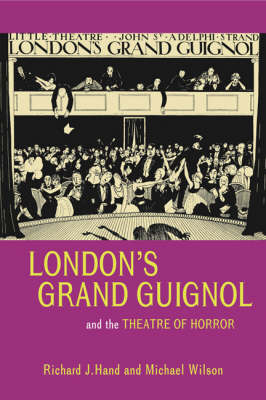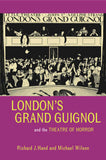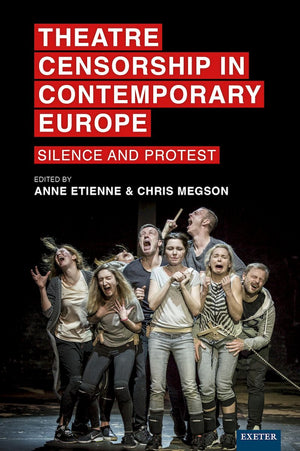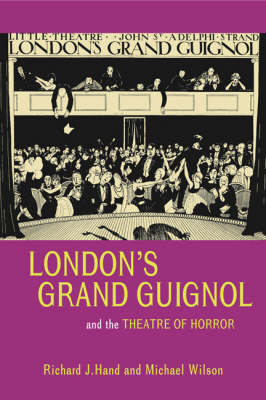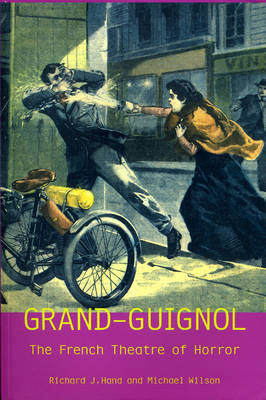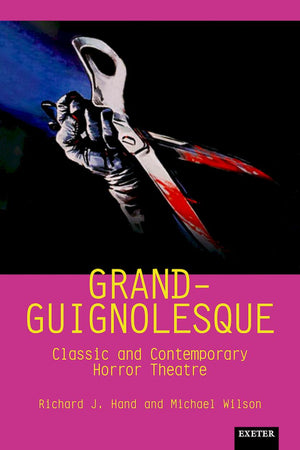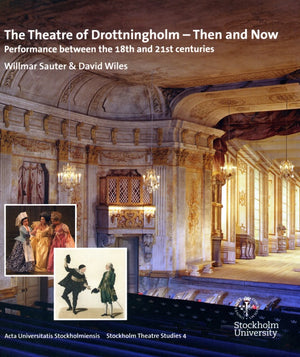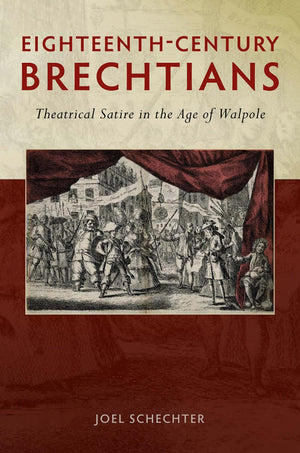University of Exeter Press
London’s Grand Guignol and the Theatre of Horror
Couldn't load pickup availability
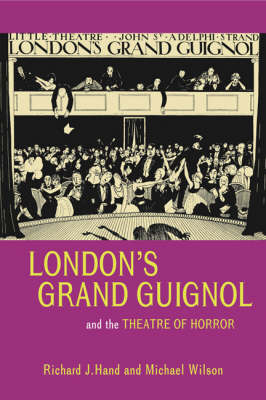
- 304 Pages
A companion to UEP’s Grand-Guignol: The French Theatre of Horror (now in its third reprint). A genre that has left more of a mark on British and American culture than we may imagine” (Gothic Studies).
London’s Grand Guignol was established in the early 1920s at the Little Theatre in the West End. It was a high-profile venture that enjoyed popular success as much as critical controversy. On its side were some of the finest actors on the English stage, in the shape of Sybil Thorndike and Lewis Casson, and a team of extremely able writers, including Noël Coward.
London's Grand Guignol and the Theatre of Horror considers the importance and influence of the English Grand Guignol within its social, cultural and historical contexts. It also presents a selection of ten remakarble English-language Grand Guignol plays, some of which were banned by the Lord Chamberlain, the censor of the day, and have never been published or publicly performed. Among the plays in the book is a previously unpublished work by Noël Coward, The Better Half, first performed at the Little Theatre in 1922.
The reviewer in the journal Gothic Studies wrote, of the authors’ previous book: “having recently taught a module on Grand Guignol with third year drama students, it is also worth noting that this book captured their imaginations in a way that few other set texts seem to manage.”
'...Richard J. Hand and Micheal Wilson, who have previously written on the French Grand Guignol for this excellent series from the University of Exeter Press, now turn to the English variant...’
‘...London’s Grand Guignol is a fine introduction to a neglected corner of the twentieth-century arts world.’ (TLS, 18. 04. 08) “Altogether this is a well-researched book on a fascinating piece of theatre history."'
(Year’s Work in English Studies, vol. 89, no. 1, 2010)
‘...London’s Grand Guignol allows Hand and Wilson to make a persuasive case for Grand Guignol’s place not only in modern theatre history, but also in the film history of thrillers and horror films. This book will be useful as a hands-on theatre history and practice text for programs where one might imagine offering students an opportunity to apply their creativity to the same challenges Jose Levy faced.’
(Theatre Survey, Vol 50/2, November 2009)
'Altogether this is a well-researched book on a fascinating piece of theatre history.'
(Year’s Work in English Studies, vol. 89, no. 1, 2010)
SECTION 1
Chapter 1: A History of London’s Grand Guignol
Chapter 2: London’s Grand Guignol and Issues of Genre and Writing
Chapter 3: London’s Grand Guignol: Performers and Performing
Chapter 4: London’s Grand Guignol: Censorship and Reception
Chapter 5: London’s Grand Guignol and the Reviewers
Chapter 6: The Aftermath and Legacy of London’s Grand Guignol
SECTION 2
Ten Plays of London’s Grand Guignol
Eight O’Clock by Reginald Berkeley
A Man in Mary’s Room by Gladys Unger
Private Room Number 6 by André de Lorde
The Person Unknownby H. F. Maltby
Latitude 15°Southby Victor MacClure
The Old Women by Christopher Holland
The Nutcracker Suite by Eliot Crawshay-Williams
The Sisters’ Tragedy by Richard Hughes
The Better Half by Noël Coward
I Want To Go Home by H. F. Maltby
APPENDICES
Appendix 1 London’s Grand Guignol, 1920-22Appendix 2 The Complete Repertoire of London’s Grand Guignol, 1920-22
Appendix 3 Extract from Oh, Hell!!! A ‘Revuette’ by Reginald Arkell and Russell Thorndike
Bibliography







